HISTORY
HISTORY
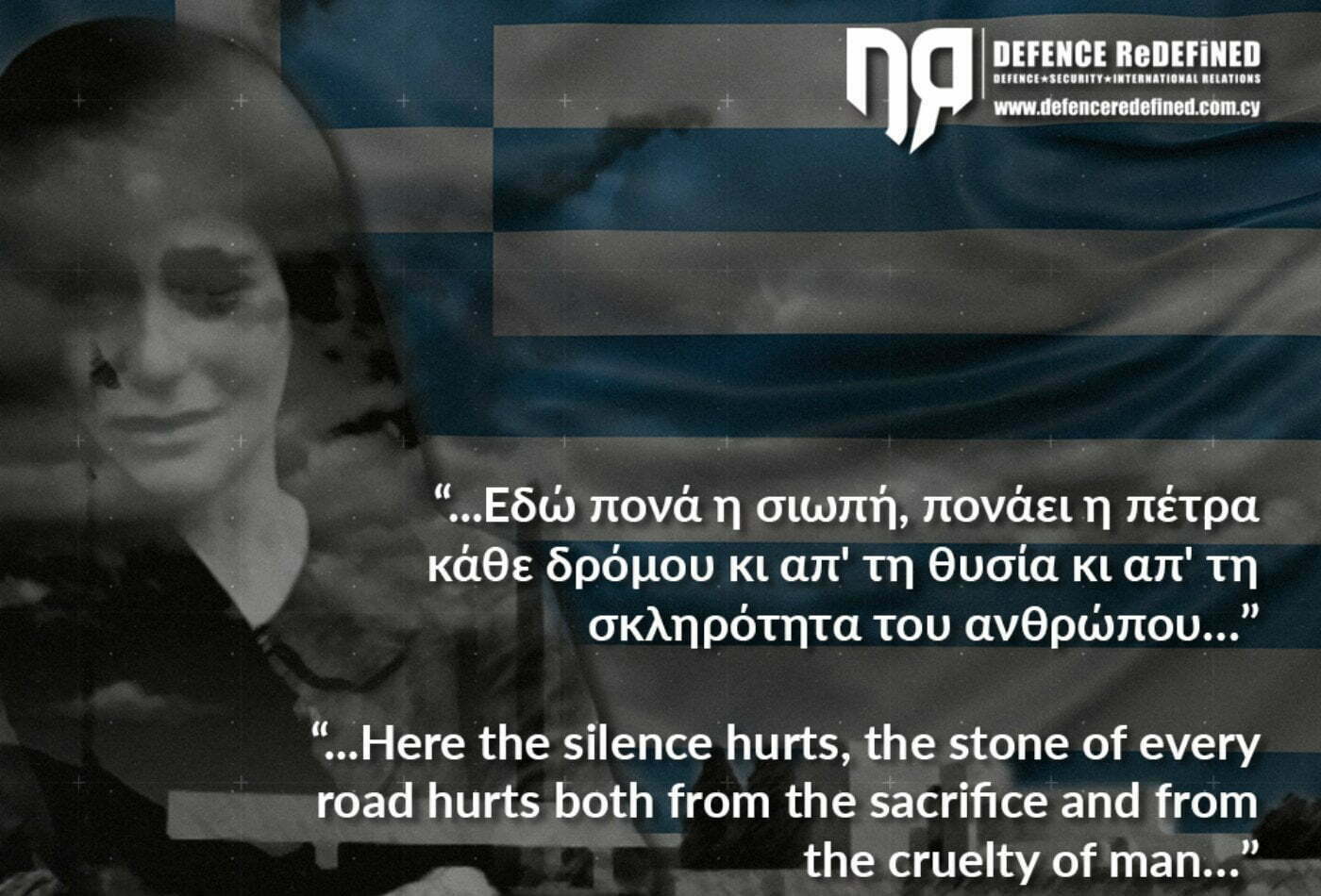
It is one of the most atrocious crimes of the Nazis in occupied Greece during World War II.
In the early hours of June 10, 1944, a German military phalanx of SS started from Livadia to Arachova, with the ultimate goal of clearing the area of guerrilla groups. The Nazi phalanx joined another German group that had started from Amfissa and proceeded to Steiri.
A battle ensued in the area of Katavothra between the rebels of the Greek People’s Liberation Army (ELAS) and the Germans. Both sides suffered casualties in the battle, and the Germans attributed the attack of ELAS to the residents of Distomo and returned to the village to retaliate.
Although the German troops did not accept any provocation from Distomo (despite the fact that the Germans made such a claim after the war), for reasons of revenge, the SS phalanx began to massacre all the inhabitants of the village.
Neither the women nor the children escaped the Nazi mania. The village priest was beheaded, babies were killed and women were raped before they were killed. The massacre stopped only when it was nighttime and they were forced to return to Livadia, after they burnt the entire village first.
The executions continued during the return of the Germans to their base, as they killed anyone they found on their way. Distomo’s death toll rose to 228, including 117 women and 111 men, including 53 children under the age of 16.
The testimony of the envoy of the International Committee of the Red Cross (ICRC), George Wehrly, who arrived in Distomo a few days later, refers to 600 dead in the greater area, with corpses hanging even from the trees along the road leading to the village.
SS Captain Fritz Lautenbach is the man who ordered the massacre of Distomo and who, even after its end, wrote a false report stating that his men were attacked “with mortars, automatic weapons and machine guns on the part of the people in Distomo,” wanting to justify his atrocious acts.
Lautenbach’s report was immediately disputed by Georg Koch, a secret service agent who also accompanied the SS battalion. Koch submitted a separate report stating that the battalion had in fact fallen into an ambush several miles away from Distomo. Koch also says that after the battalion had repulsed the “rebels”, it headed towards Distomo so as to begin the massacre.
In the interrogation that followed, Lautenbach defended his choices, saying that he consciously preferred to follow orders. He also said that he knew his choice could be considered disobedient. It is noted that not a single Greek witness was summoned to the military tribunal that followed.
One of the leaders who was also found responsible for the massacre in Distomo, Hans Zampel, was arrested in France after the end of the war and extradited to Greece. During the process, he was asked to be transferred to Germany for the investigations, where he remained. Testimonies state that Zampel still lives free.
Today on Kanalles Hill in Distomo there is a magnificent monument, the Distomo Mausoleum, which is the most famous monument in honor of the massacred civilians of June 10, 1944. There are the annual events of June by the Municipality of Distomo in collaboration with various Cultural and other organizations in the area.
Armenian Genocide Remembrance Day
On this day, 109 years ago, the genocide of the Armenian people by the Ottoman Empire began, with April 24 being the day of…
April 10, 1826 | The heroic Exodus of Messolonghi
Three years after the failed attempt of Kioutachis and Omer Vryonis to capture Messolonghi, the Sultan had a new plan.
Hellenic Army General Staff (HAGS) | Events for the 83rd Anniversary of the Battle of the Forts
On Sunday, April 7, 2024, the 83rd anniversary of the Battle of the Forts (April 6-9, 1941) was celebrated at “LISSE”, “RUPEL”,…
Russia | Cluster bombs hit residential area in Odessa
Images from Russia’s strike in the heart of Odessa, which hit the so-called “Harry Potter Castle”, a former politician’s mansion now…
France | Industries prioritize orders of anti-aircraft missiles
The Armed Forces Ministry of France has instructed industries involved in the production of Aster anti-aircraft and anti-ballistic…
Ecuador | Appeals to International Court of Justice denouncing Mexico
Ecuadorian police stormed the Mexican embassy hours after the Mexican government granted former Vice President…
Remote Modular Terminal | The US Space Force’s new weapon system
The US Space Force has unveiled its new Remote Modular Terminal (RMT) weapon system. The system has completed its…
Latvia | Citizens are asked to turn basements into air raid shelters
Latvian authorities have called on citizens to turn their basements into air raid shelters, causing concern.
HNDGS | Greece – USA bilateral exercise “STOLEN CERBERUS XI” – Photos
From Monday 15 to Friday 26 April 2024, the bilateral exercise “STOLEN CERBERUS XI” took place under the coordination…




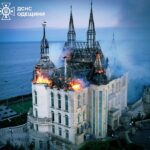

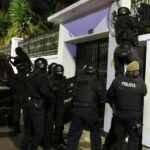

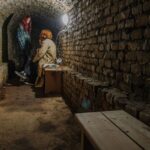

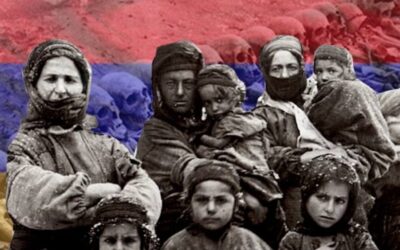
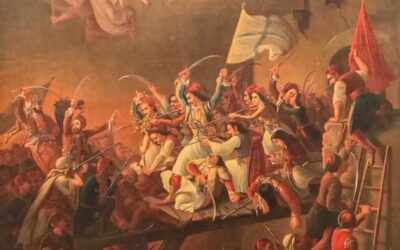
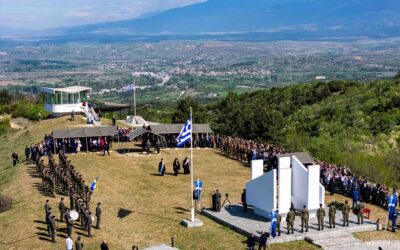
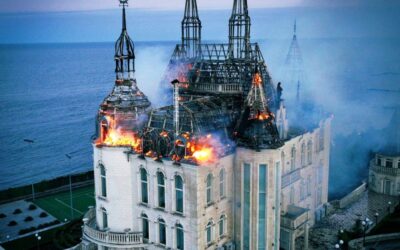

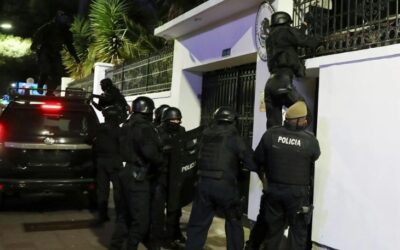

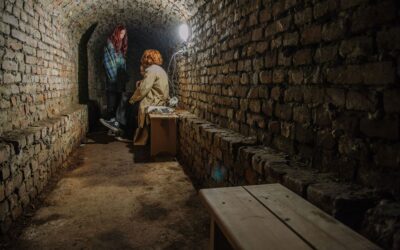
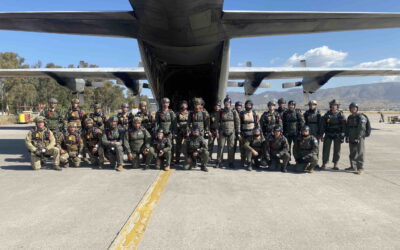
0 Comments